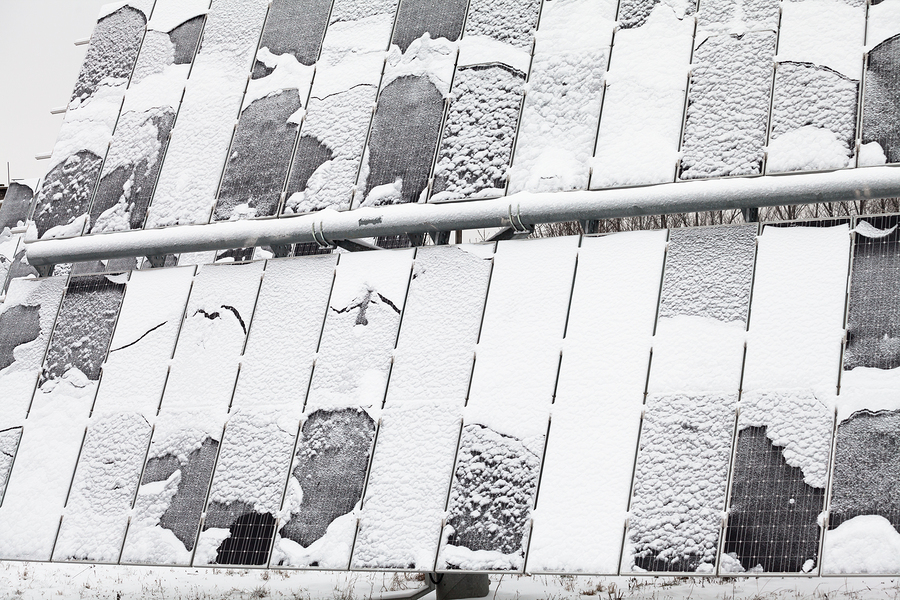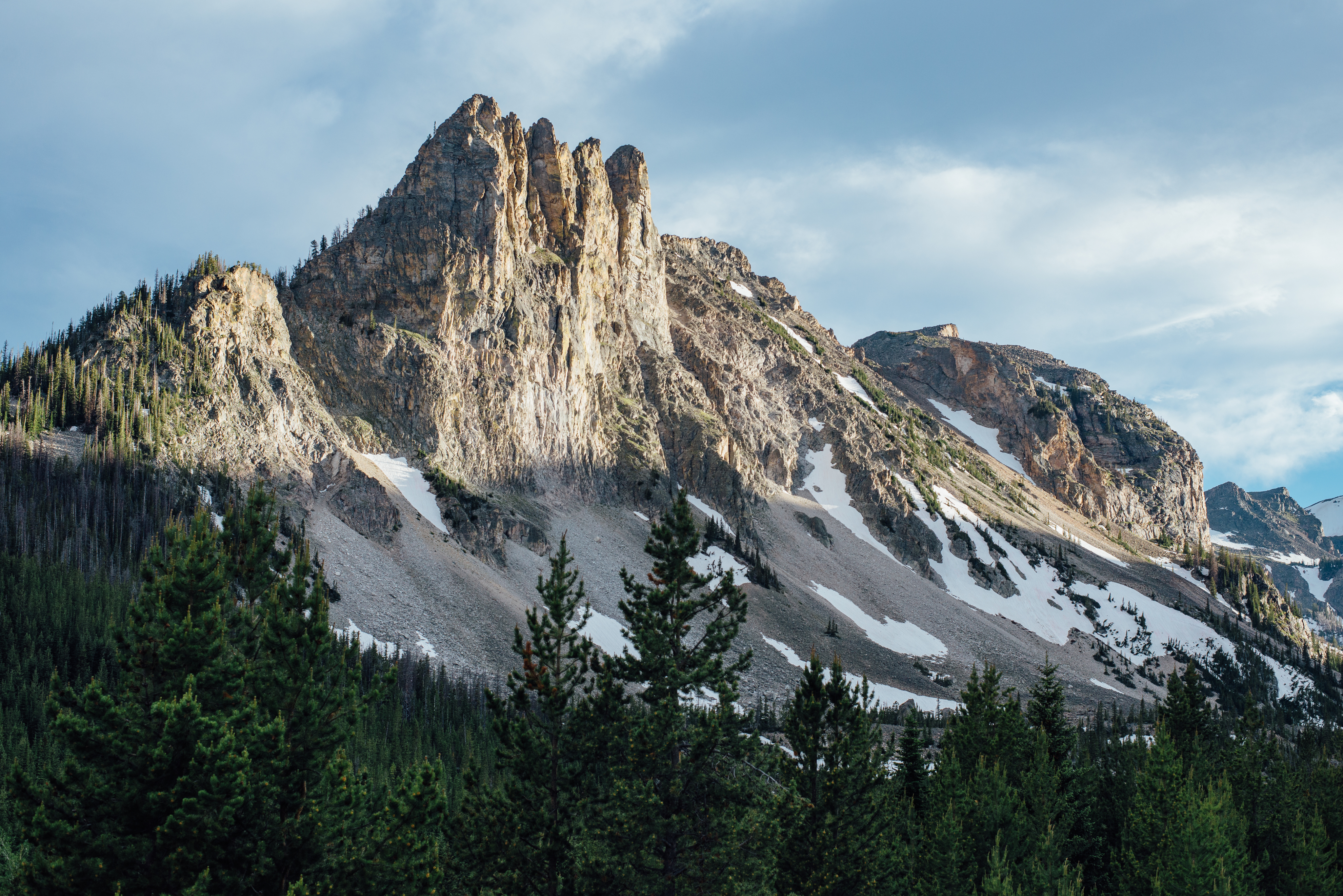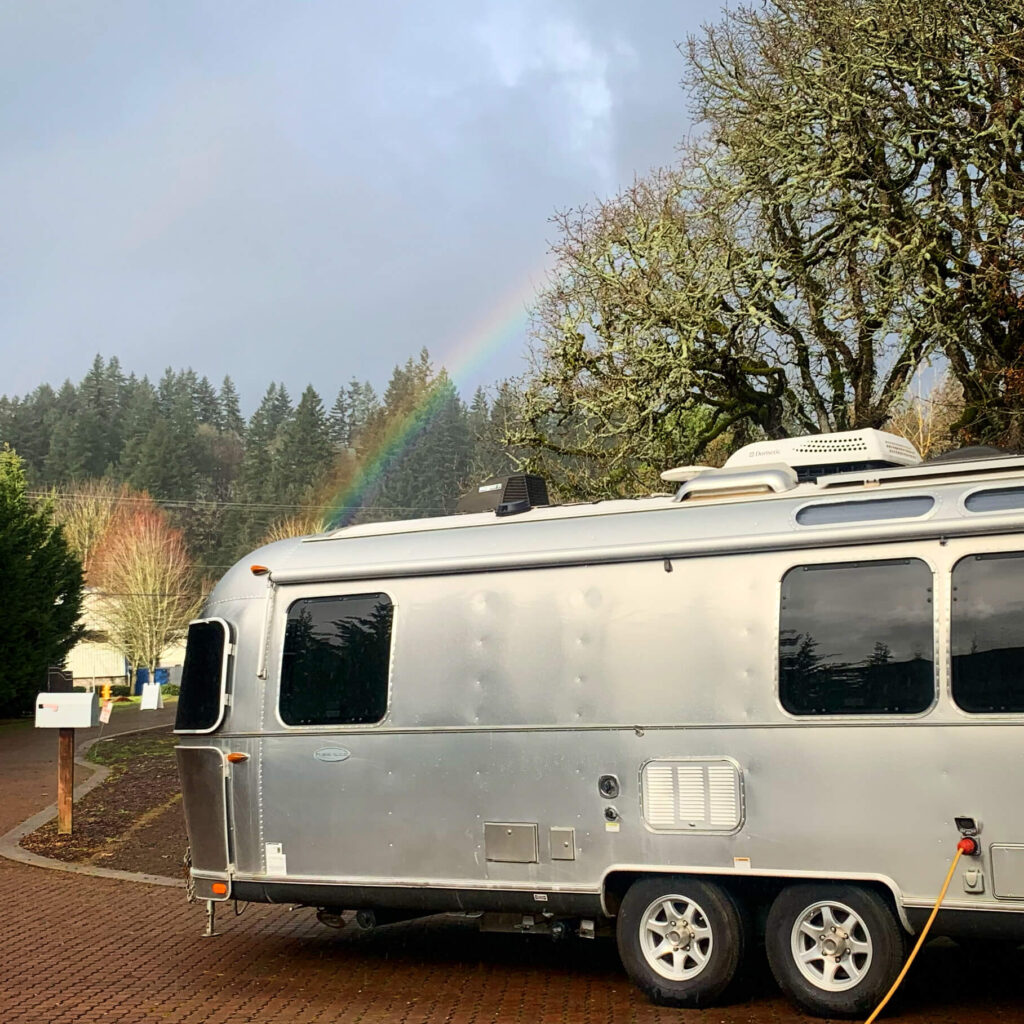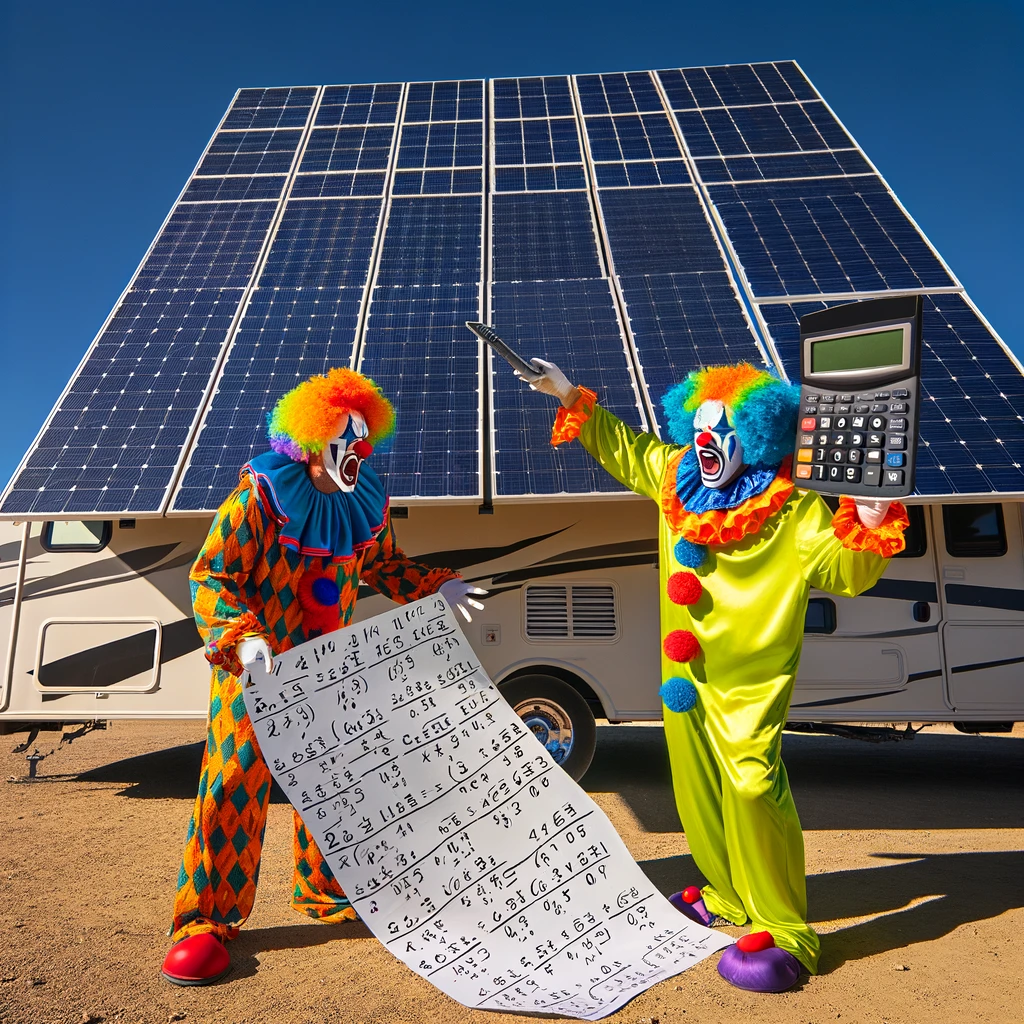
You’re interested in investing in solar panels for your RV, but are hesitant to commit because you want to learn more about how solar panels function in colder weather. Here are some of the most frequently asked questions about solar performance and maintenance in colder weather and winter months.
When it’s Cloudy
Winter tends to be cloudier, especially in snowy areas, with the occasional flurry rolling through. The good news is, even when it’s cloudy, your solar panels are still collecting energy. If there is light, your panels are still converting it into clean energy. Solar panels don’t work with heat, they work with light. As long as there is light outside, you will be collecting energy. Solar panels actual perform better in cooler temperatures than very hot temperatures.
Because the days of winter aren’t as long as summer days, you’ll have to plan for less time collecting energy. You’ll have less hours of daylight to collect energy. Consider adjusting the angle of your panels to properly capture the sunlight, if you have an adjustable rack mount.
What if it snows
AM Solar will ensure that your solar panels are able to collect the most sunlight they can. Snow typically won’t stick to solar panels, as they’re quite smooth and snow should slide right off. Because the panels should always be facing the sun, what snow does stick should melt.
If you find that snow is piling up on your panels, you should be careful about removing it. Gently remove the bulk of the snow from the panels and your RV roof. Keep a broom or a brush on hand to clear freshly fallen snow off. If you let the snow sit and freeze onto the panels it will take longer for your panels to start collecting again. It could also damage your solar panels. Much like water melts into cracks, and then expands those cracks when it freezes, the same thing could happen to your solar panels without the proper snow care.
When it’s cold
Consider the fact that battery storage capacity is reduced in a colder climate. Fully charged batteries that are used on a frequent or daily basis, won’t freeze very easily. The temperature would have to drop to -70 degrees F or more. If a battery isn’t fully charged, it can freeze much faster, somewhere around -10 degrees F.
Talk to your local solar professionals and see what care they recommend for colder, potential snowy weather. Ask for recommendations for products, panels, rack mounts and more.




